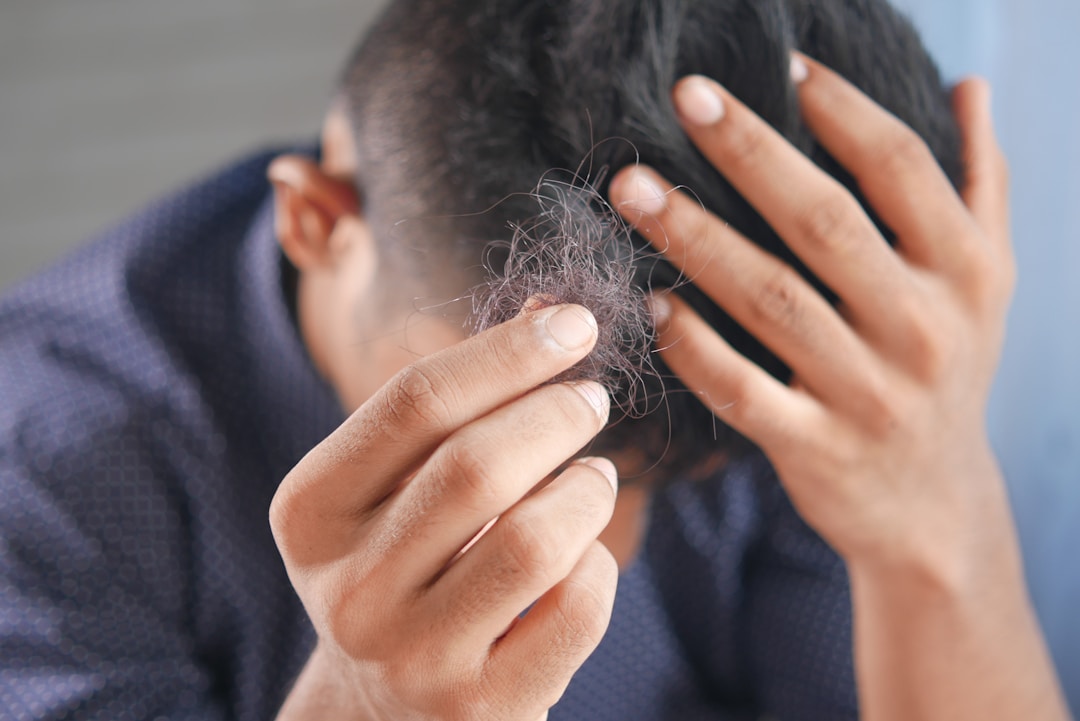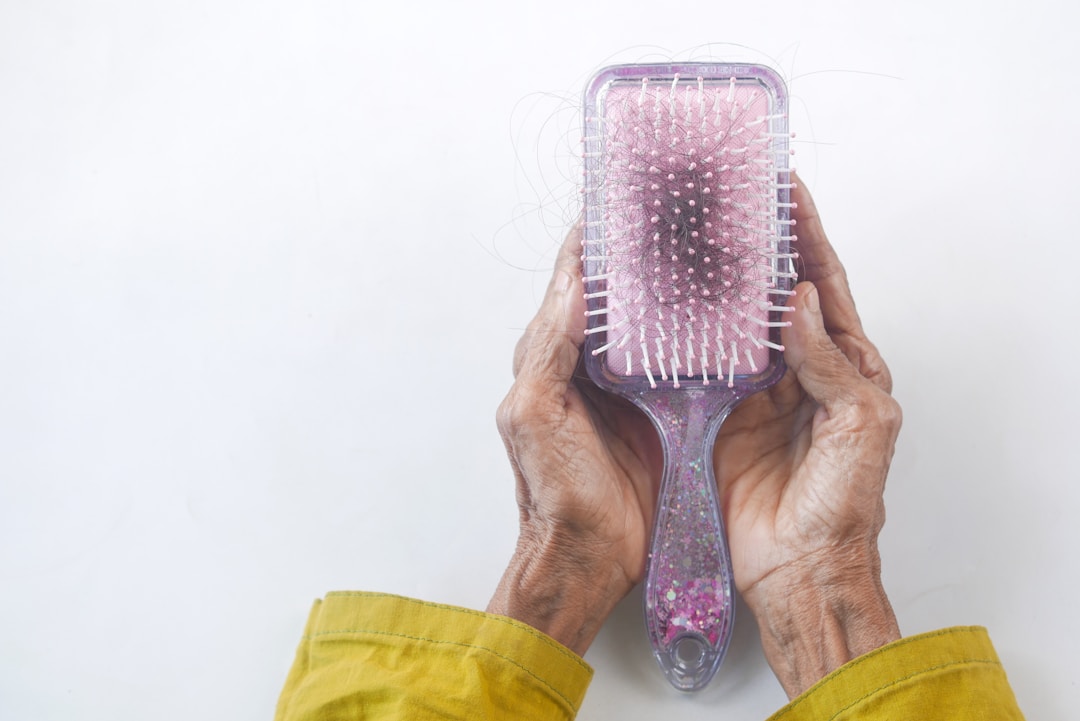Can alcohol cause hair loss? This is a question that many individuals, especially those who are frequent drinkers, often ask themselves. The conversation around the impact of alcohol on our health has been ongoing for years, predominantly focusing on the liver and other vital organs. However, the subject of its potential effect on our hair has received less attention. Recent studies suggest there might indeed be a significant link between alcohol consumption and hair thinning. Should you have any concerns about your hair thinning/loss, or if it is a major insecurity, it would be worth seeing a specialist for a Free Consultation for Hair Transplant. However, in this article I will delve deeper into the issue, exploring how and why alcohol could potentially be responsible for your receding hairline.
One of the key ways alcohol may lead to hair thinning is through its impact on absorbing nutrients in the body. The nutrients that our bodies need to maintain healthy hair include vitamins such as B, C, and E, and minerals like zinc and iron. Alcohol consumption, especially when it becomes excessive, can interfere with the body's ability to absorb these crucial nutrients.
When alcohol is consumed, the liver works to metabolize it. However, in doing so, it diverts resources from other processes such as absorption. Over time, the body's ability to absorb and utilize essential nutrients for hair growth gets compromised, leading to weaker hair strands, slower hair growth, and, eventually, hair thinning.
When hair thinning becomes noticeable due to factors like nutrient deficiencies, it can significantly impact an individual's confidence and overall well-being. Fortunately, advanced solutions exist that go beyond simply addressing the underlying cause of hair loss. For those seeking to restore their appearance and regain a fuller head of hair, a professional consultation can be invaluable. A specialized Hair Replacement Studio Atlanta offers customized approaches to meet unique needs, helping individuals look and feel their best with personalized solutions.
Alcohol and Dehydration

Another way alcohol consumption can lead to hair thinning is through dehydration. Alcohol is a diuretic, which means it increases urine production, leading to a loss of fluids and electrolytes that are necessary for proper body function. Dehydration can have a significant impact on the health of your scalp and hair.
Hair is composed largely of water. When the body is dehydrated, it can leave the hair brittle, dry, and more susceptible to breakage. The scalp also becomes dry, which may lead to dandruff and disrupt the natural hair growth cycle. Over time, this disruption can cause the hair to thin and, in severe cases, even lead to hair loss.
Alcohol and Hormonal Imbalance
In addition to nutrient absorption and dehydration, alcohol can also cause an imbalance in hormones that are essential for maintaining healthy hair. Alcohol can cause estrogen levels to rise in both men and women. Elevated estrogen levels can cause hair follicles to move into the resting phase of the growth cycle of hair prematurely, leading to a higher amount of hair fall than normal.
Furthermore, for men, alcohol can also cause a decrease in testosterone levels. While high levels of testosterone have been linked to male pattern baldness, the right amount of this hormone is necessary for the hair growth cycle. Hence, a decrease in testosterone levels can cause the hair growth cycle to get disrupted, leading to thinning hair and loss.
Moderation and Balance

While there is a clear connection between alcohol and hair thinning, it is also essential to note that moderate consumption might not lead to significant hair loss. Everybody reacts differently to alcohol, and factors like genetic predisposition, diet, and overall lifestyle play crucial roles in determining its impact.
Moderation and balance are key to maintaining both your hair health and overall well-being. Limiting alcohol intake, staying hydrated, and ensuring a diet rich in hair-healthy nutrients can help counteract any potential negative effects of alcohol on your hair.
In conclusion, while alcohol may not be the primary cause of thinning hair, it is evident that it can contribute significantly to the problem. By interfering with nutrient absorption, causing dehydration, and creating a hormonal imbalance, alcohol can disrupt the natural growth cycle of your hair, leading to thinning and potentially even hair loss. It's important to remember that the link between alcohol and hair thinning is not a cause for panic. Instead, it should serve as a reminder to drink responsibly and put your health first.









No comments